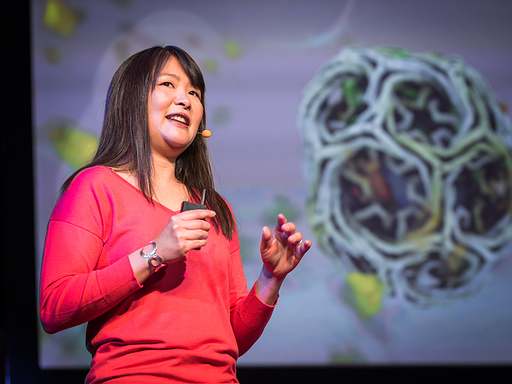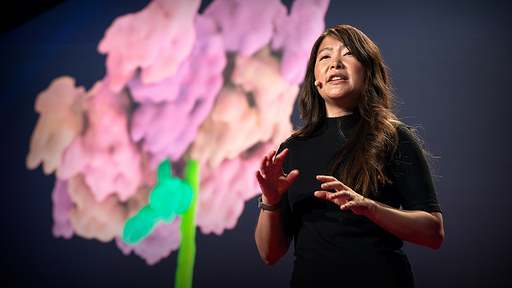Short talks, big ideas: The talks of TED Unplugged at TED2019
In a fast-paced session of talks curated by TED arts and design curator Chee Pearlman and hosted with improv leader Anthony Veneziale, 12 members of the TED community shared ideas in a special format: each had to keep their talks under six minutes, with auto-advancing, timed slides. And yes, the mic does cut after six minutes!
Continue reading

